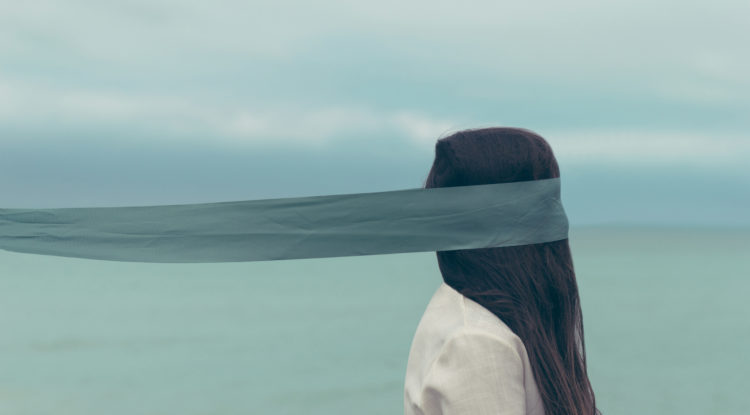
Ignorance, or the Secret Ingredient to Creativity
Ignorance always gets a bad rap. Sure they say “ignorance is bliss” but it’s with the underlying implication that if you opt for that particular kind of bliss, you’re basically a fool whose world is bound to come crashing down around you. If not that, at the very least you will have to walk through life a dupe, oblivious to the serious truths others hold so dearly.
It’s here where I turn to the words of my new favourite Roman philosopher, Seneca: “Do me the favour, when men surround you and try to talk you into believing that you are unhappy, to consider not what you hear but what you yourself feel, and to take counsel with your feelings and question yourself independently, because you know your own affairs better than anyone else does.”
In other words, ignoring is bliss, whether others call it ignorance or anything else. Unless you think that everything under the sun can already be explained perfectly, sometimes self-knowledge entails relying on gut feelings and observations that contradict or even intentionally wall themselves off from other available information.
That question of what “you, yourself feel” amid a sea of others’ opinions and presumed knowledge actually holds a key to making interesting art, and just generally living a life of bliss. If you can cut through the noise of accepted narratives, which is no easy task, you are confronted with the creative moment – the pure terror and joy of witnessing something without words. It’s not a comfy moment, and history hasn’t always been kind to new thinking that emerges from a truly creative moment. Great minds from Copernicus to Darwin faced overwhelming tides of accepted knowledge in their lifetimes, yet they still managed to disseminate new truths into the world in the long run because they insisted on knowing what they knew.
Einstein knew the value of trusting his own mind, too. He was famous for taking others’ data and forming his own conclusions. And isn’t that the task of art – to take the raw data of the world, ignore others’ glossing, and weave it into a story that makes the most sense to you?
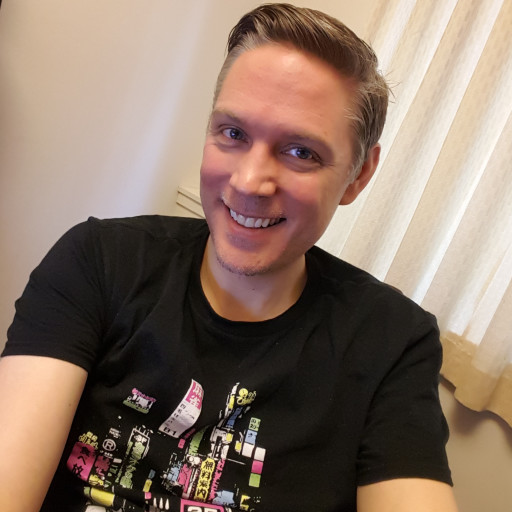 Ryan Melsom has a PhD in literary studies and has spent over twenty years working in communications, marketing, web design, and writing. His second book Spendshift: 100 Lazy Hacks to Rock Your Finances is now available exclusively on Amazon. For more by Ryan, follow him on Twitter @lintropy, or on his Facebook page.
Ryan Melsom has a PhD in literary studies and has spent over twenty years working in communications, marketing, web design, and writing. His second book Spendshift: 100 Lazy Hacks to Rock Your Finances is now available exclusively on Amazon. For more by Ryan, follow him on Twitter @lintropy, or on his Facebook page.





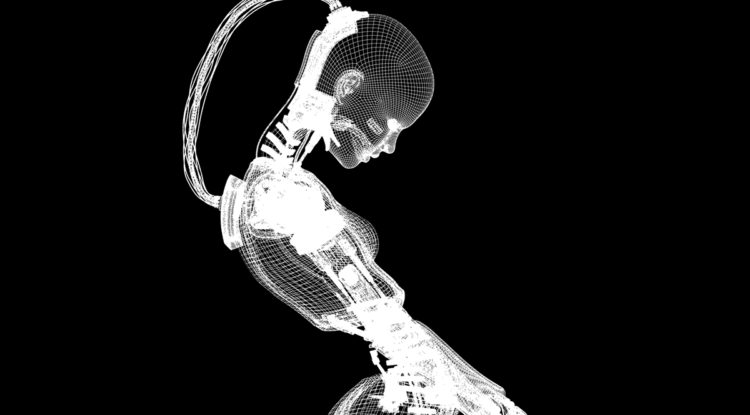
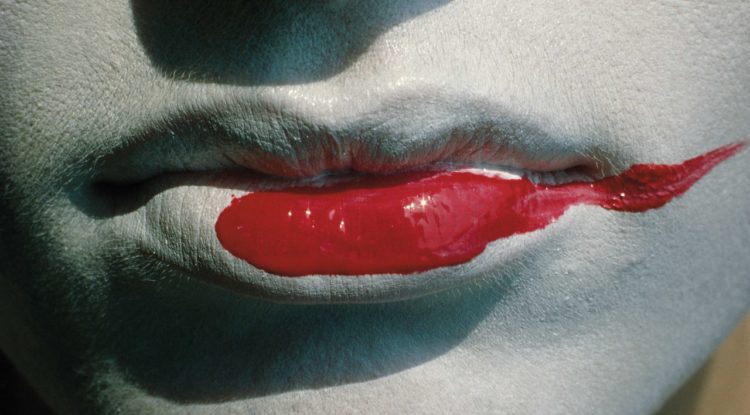
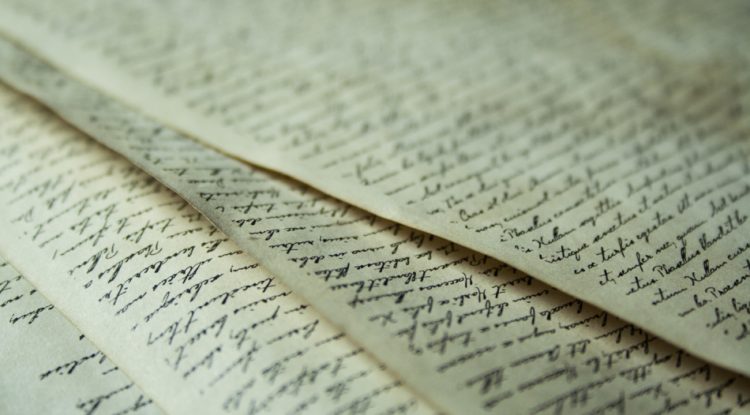

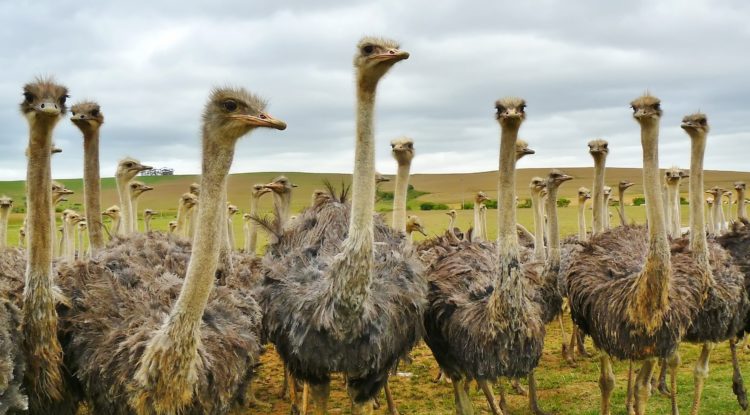



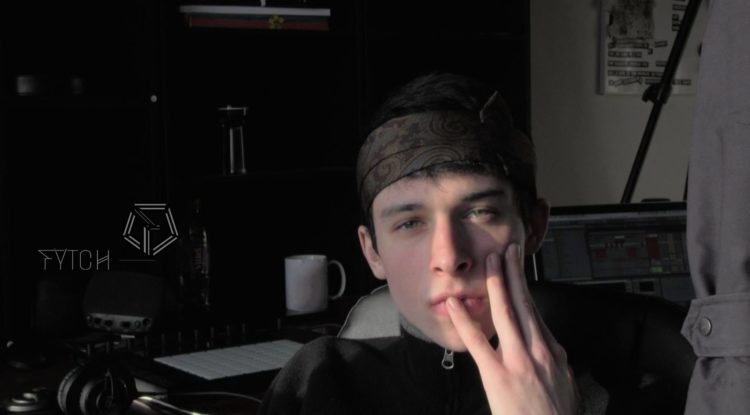



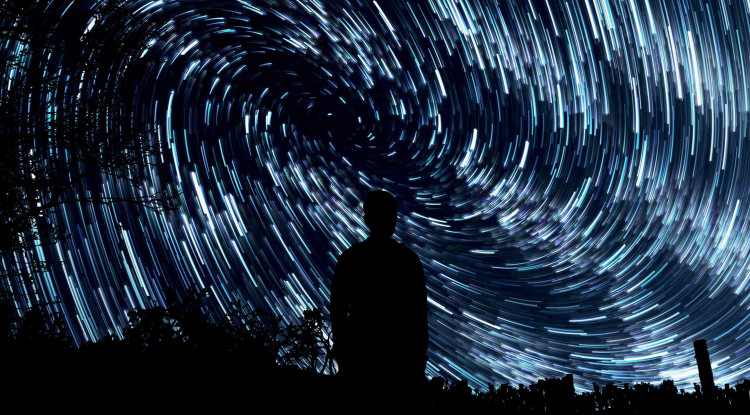










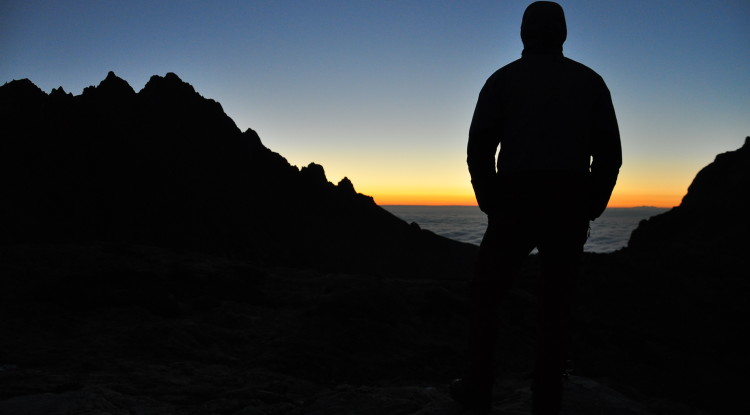
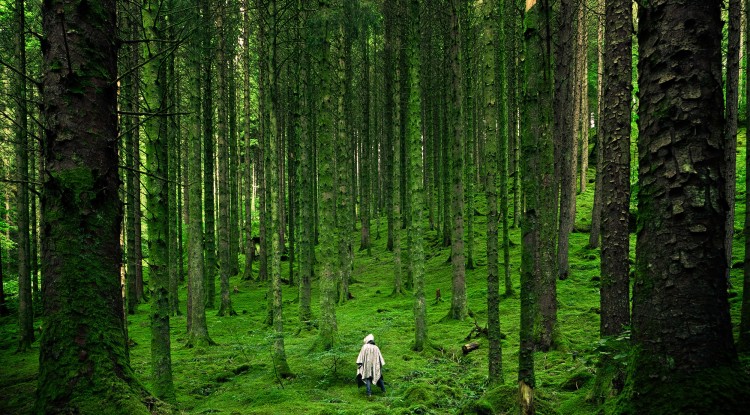

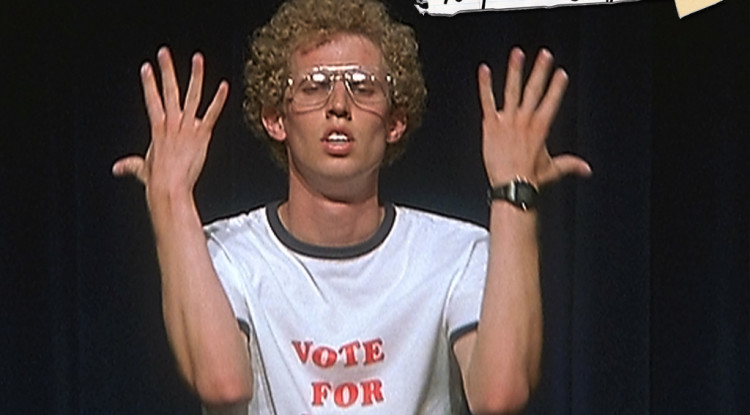


Leave a Reply
You must be logged in to post a comment.